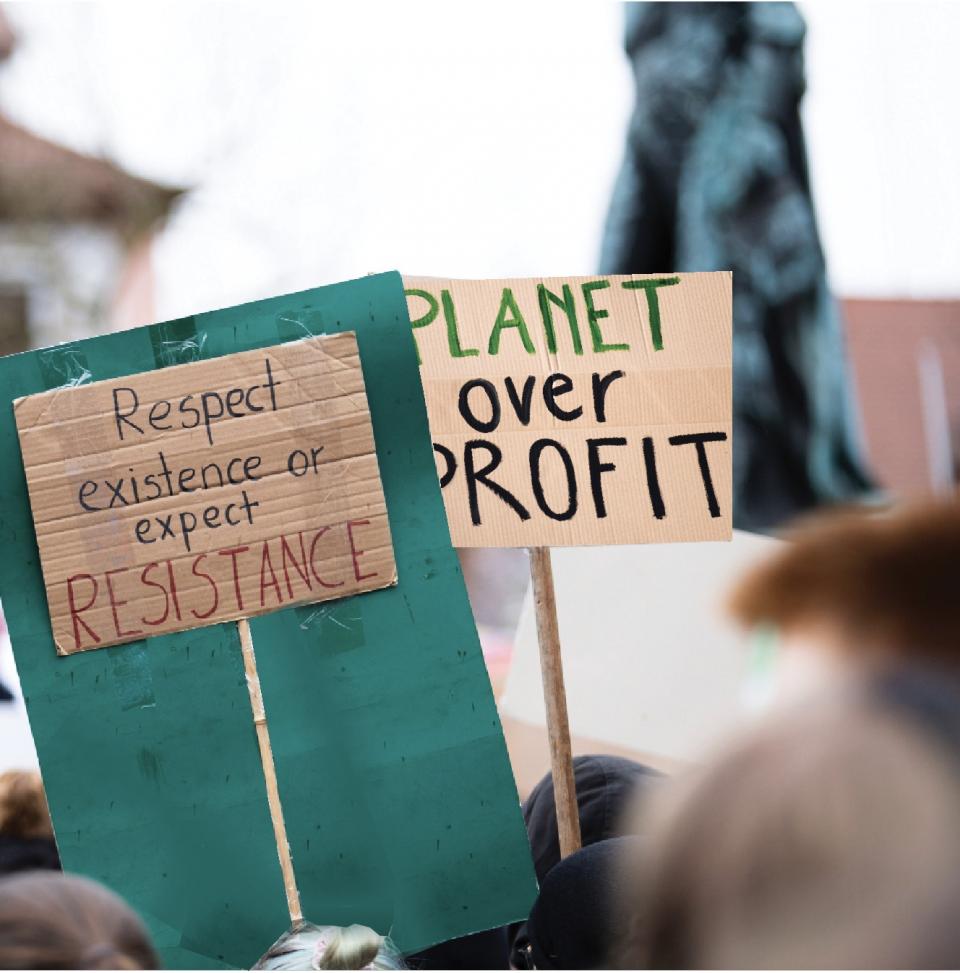
Climate Narrative Prize
Apocalyptic Narratives & Climate Change
About

Climate Narrative Prize
About
The new Climate Narrative Prize, established in 2021 at Arizona State University, is a biennial award for the best published narrative exploring the state of our planet and society — past, present or future. For its inaugural run, leaders in climate action, research and storytelling will nominate their favorite essays published during the past five years. ASU students will judge the essays, and the winning author will be awarded $5,000 in cash.
The prize is part of an interdisciplinary grant project at ASU called “Apocalyptic Narratives and Climate Change: Religion, Journalism, and the Challenge of Public Engagement.” Its aim is to rethink the way climate change stories are told by combining the study of apocalyptic thinking in the United States, and its global impact, with training in the literature and journalism of social change. The project draws upon the expertise of journalists, climate scientists and scholars of the humanities to better conceptualize and communicate through story the world-shattering stakes of inaction on climate change.
The Apocalyptic Narratives and Climate Change project is a collaborative effort of the Center for the Study of Religion and Conflict, the Narrative Storytelling Initiative and the Global Futures Laboratory. This project is assisted by a grant from the Luce/ACLS Program in Religion, Journalism & International Affairs.
Judging

Climate Narratives Prize
Judging
The stories nominated for the Climate Narrative Prize will be explored and studied in a new, interdisciplinary upper division and graduate course at Arizona State University, “Climate Narratives, Apocalypse and Social Change.” Students will evaluate and discuss the works and ultimately serve as the judges for the prize. This fall 2021 course was created with assistance by a grant from the Luce/ACLS Program in Religion, Journalism & International Affairs.
As the course will explore, apocalyptic narratives are rooted in particular traditions of American religiosity and morality and have become a staple of climate change writing. Yet the very pervasiveness of apocalyptic thinking in the American grain — in essays, books, documentaries and even Hollywood movies — may in fact make these narratives less alarming rather than more. Throughout the semester, we will consider the origins of apocalyptic narratives while also studying a variety of alternative approaches from the history of writing for social change.
This interdisciplinary course will be cross-listed across multiple ASU schools, including the School for the Future of Innovation in Society (College of Global Futures); School of Historical, Philosophical and Religious Studies (College of Liberal Arts and Sciences); School of Social Transformation (CLAS); and the Department of English (CLAS). Professor of Practice Steven Beschloss and Assistant Professor Sarah Viren will co-teach the course.